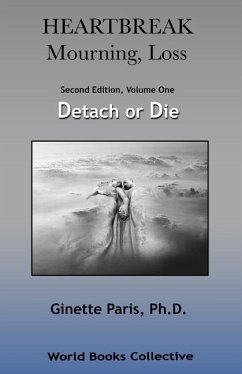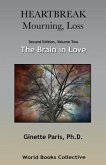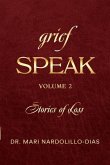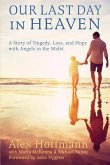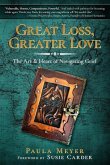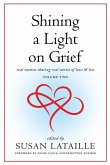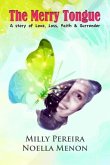The psychosomatic pain of heartbreak and mourning shows neurobiological evidence of stress similar to being submitted to torture. With time, the intensity of the pain may lessen, yet it is false to think that time heals all wounds! Many live the rest of their life with a captive heart, alone in the emotional desert of psychic numbness. The first challenge is to become aware of the instinctual fear that makes us say "if you leave me, I'll-die". This fear poses a logical problem because to overcome it, you must learn to survive without the partner, which is precisely what you fear! You are like a patient who has been shot by an arrow? Cupid's arrow ?but is afraid to let the doctor pull it out. Living with an arrow sticking out from your chest makes life impossible. Recovery is not, as so many popular self-help books suggest today, an ego decision to move on. Recovery is the opposite of a willful decision, the opposite of an emotional shutting down which only mimics detachment. At the beginning of heartbreak, the brain reacts like that of a drug addict suddenly deprived of his or her drug. The behavior of the love-crazy is similar to that of the addict desperately searching for a fix. Hooked on hope, your brain is in a panic mode. Love is at the core of depressive, suicidal and murderous states. For the brain, lack of love, lack of food, lack of sleep, or a pit bull jumping at you are all kinds of threats. How you respond impacts not only your health but your destiny as well. In other words, either emotional suffering turns on the evolutionary switch, or your emotional shutting will destroy your capacity to love. This book summarizes what you need to learn, and to do to turn on that switch. I wrote from three different points of view. First, as a teacher and researcher in psychology, I spent most of my adult life studying the symptoms of lost love, tortuous love, smothering love, condemning love, controlling love, insufficient love, betrayed love, compulsive love, codependent love. This text is my report from the field: which theories are validated and which are not. Second, I am writing as a therapist who, for many years, listened to the stories of courageous individuals free falling from the summit of love, crashing down into the relational desert of mourning, grief, and loss. While witnessing their despair, I admired their courage. Love, its presence and absence, quality and quantity, form and essence, nurturing and toxic effects, its bitterness, and sweetness, is at the core of every therapy because love is fundamentally liberating. Love is also easily corrupted. Love develops the brain, but heartbreak transforms an otherwise functional adult into a cognitive dimwit. Love attaches itself to our neurotic traits, which then develop like barnacles on the hull of a boat. And last, I am writing as an individual who has suffered her fair share of heartbreaks. As a young woman, I plunged into the cavernous mouth of that mythical beast we call Love, like a frog jumping into the path of a lawnmower. This humbling experience taught me the contrast between the sweetness of love and the tragedy of remaining innocent about its power.
Hinweis: Dieser Artikel kann nur an eine deutsche Lieferadresse ausgeliefert werden.
Hinweis: Dieser Artikel kann nur an eine deutsche Lieferadresse ausgeliefert werden.

